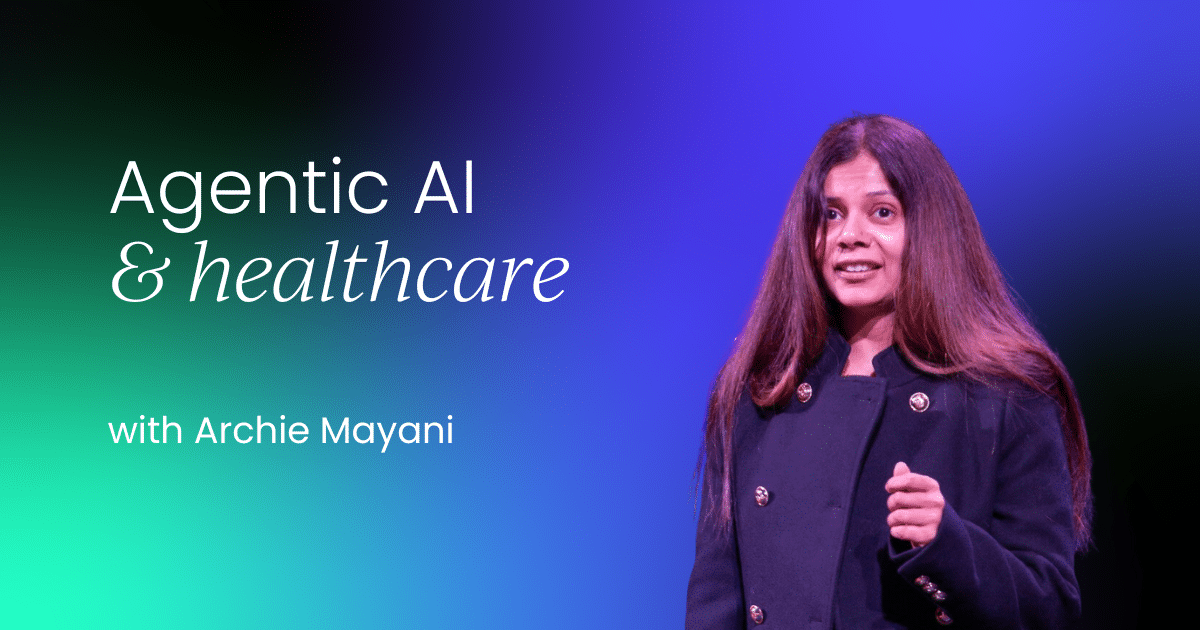Sure! Here’s the translation into American English:
—
In a recent episode of the podcast “Agents of Change,” host Anthony Witherspoon explored the transformative impact of artificial intelligence (AI) in the healthcare sector with Archie Mayani, Product Director of GHX (Global Healthcare Exchange). While GHX is not widely known among patients, its role is crucial, acting as an “invisible operational layer” that ensures hospitals receive the necessary products efficiently, at the right time, and at the right cost.
GHX’s mission is to facilitate access to quality and affordable healthcare. During the conversation, Mayani explained how the company began integrating AI even before the term became common, using technologies such as Optical Character Recognition (OCR) to optimize the healthcare supply chain. With the advent of generative AI and autonomous systems, its focus has evolved toward predicting shortages of medical supplies and improving contractual negotiations, as well as communication between clinicians and supply teams.
A highlight of the discussion was the development of “Resiliency AI,” a system designed to strengthen healthcare infrastructure in the face of changes. Mayani emphasized that automation and cost savings are not the only goals; building resilience in the sector is also a priority. In this context, the importance of responsible AI was discussed, highlighting that decisions made by these technologies must be ethical and transparent, especially in a field where human lives are at stake. Mayani made an interesting comparison, suggesting that while a failure in AI might cause laughter in the context of a dating app, in medicine, it could lead to lawsuits or, even more seriously, the loss of a life.
The conversation also touched on the concept of “explainability,” which implies that AI must be able to justify its decisions clearly, just as a medical professional would. Mayani stressed that for AI to be truly effective, it must not only provide results but also the logic behind them. Additionally, he highlighted that diversity in training data is vital to avoid biases and “hallucinations” in these systems, a topic that has gained relevance following past errors in medical interpretation.
Over time, the ambition is for AI to become an invisible member of the healthcare team, providing solutions without staff having to confront the complex technology that accompanies it. The COVID-19 pandemic has acted as a catalyst for innovation in supply chain resilience, underscoring the need to enhance AI to anticipate and manage disruptions.
As AI becomes more integrated into healthcare, it’s natural for concerns to arise among the public. However, Mayani stated that this fear can drive more careful and responsible implementation. The key to building trust lies in transparency, effective communication, and a firm commitment to ethical design. Looking ahead, the vision for AI in the healthcare sector is to be a tool that complements professionals, not replaces them, seeking a more comprehensive and patient-centered care model.
—
If you need any more assistance, feel free to ask!
Referrer: MiMub in Spanish
